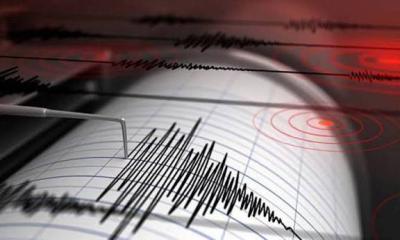Jhenidah-4 MP Anwarul Azim Anar has been brutally murdered while seeking medical treatment in West Bengal, India. Despite relentless searches over several days, his body remains undiscovered.
This situation raises significant questions: What happens if Anwarul Azim Anar’s body is never found? When can a death certificate be issued? What does Indian law dictate in such cases?
Law enforcement agencies from both Bangladesh and India reported that Anar was killed between May 13 and 15, with his dismembered body discarded in various locations. This grim scenario suggests that his body may never be recovered, according to Indian news outlet Northeast News.
Such a development could create legal complications for both the Detective Branch of Bangladesh Police and West Bengal`s Criminal Investigation Department (CID), as highlighted in the Northeast News report.
Consequently, no death certificate can be issued for Anwarul Azim Anar. This legal hurdle means that holding a by-election for the Jhenidah-4 (Kalikand) seat would be impossible for at least seven years.
In the interest of the investigation, Dhaka Metropolitan Detective Police Chief and Joint Commissioner Mohammad Harun-Ur-Rashid, who arrived in Kolkata on Sunday, told the media, “After the murder, Anar’s body was dismembered.”
If the MP`s body or any body parts are not found, an autopsy cannot be conducted. This also means that a death certificate cannot be issued to his relatives. Furthermore, before issuing a death certificate, West Bengal CID must wait at least seven years.
Senior Kolkata advocate Navkumar Ghosh explained to Northeast News, “If a deceased person`s body is not found, it may take seven years to issue a death certificate. This is the established law. The seven-year wait is mandatory. No body, no death certificate.”
According to Indian law, after seven years, the only recourse for the CID is to file a writ petition under Article 226 of the Indian Constitution with the Kolkata High Court.
Advocate Navkumar Ghosh further stated, “The High Court may direct a judicial inquiry through a top administrative officer. Once that investigation is concluded, the High Court can issue an order equivalent to a death certificate for the concerned individual.”


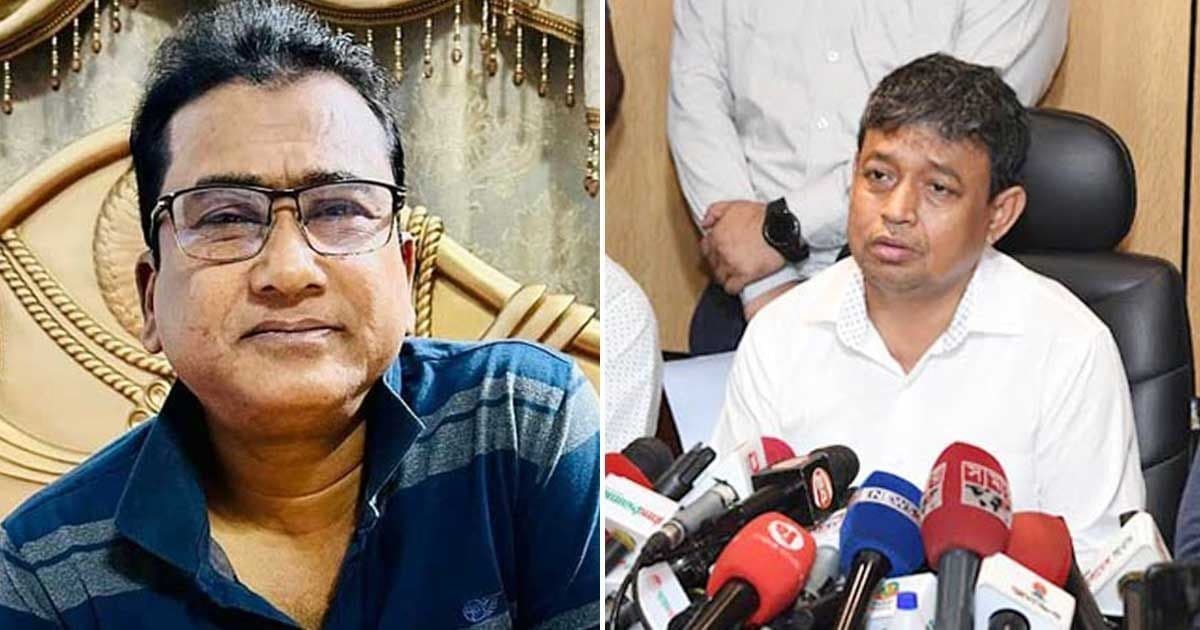

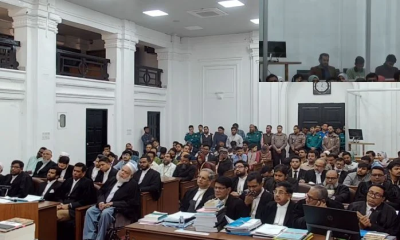
-20260121062240.jpg)
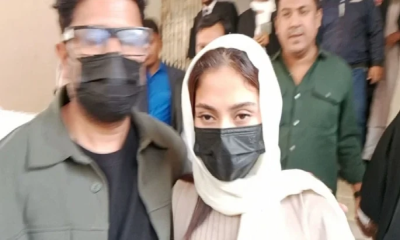

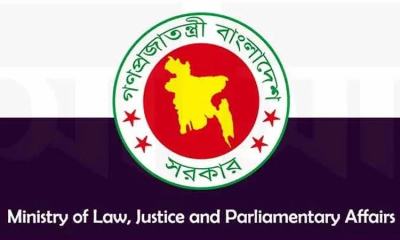




-20260217073221.webp)


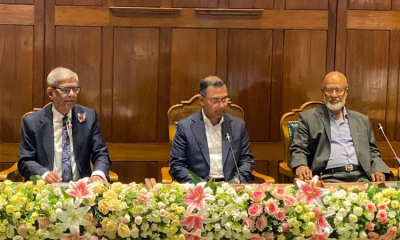

-20260216115008.webp)

















